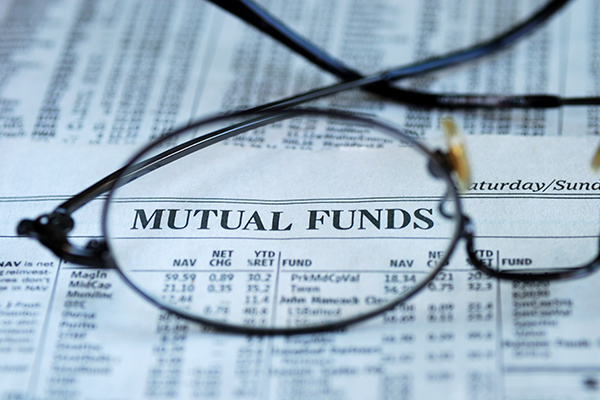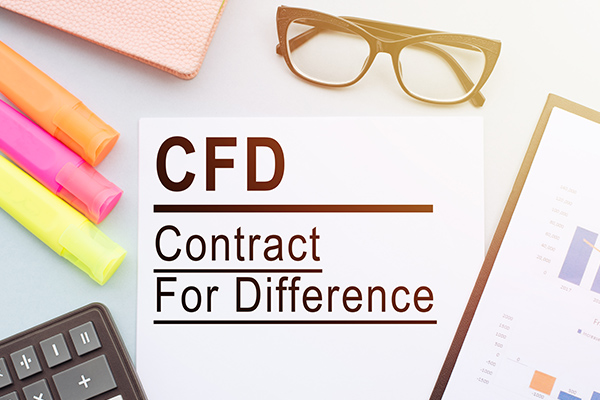Products
All the important products you need to own your financial future.

Bonds
- Bonds or Fixed Income are a form of debt issued by a company or sovereign nation. When we buy bonds, we have a legal right to receive income for owning them.
Bond prices typically do not fluctuate as much as stocks, and are therefore considered as more “conservative” investments versus buying stocks.

Mutual Funds
Mutual Funds or Unit Trusts are investments that let us access a basket of assets, most often stocks or bonds, or hard-to-access assets like property.
They’re similar to ETFs, but aren’t listed on stock exchanges and are actively managed by fund managers to achieve specified investment objectives. Unit prices are determined just once a day, and often the fees paid to the fund manager are higher.

CFDs
Contracts for Difference are financial contracts that deliver the differences in the settlement price between opening and closing trades. They are derivatives, or financial instruments that derive value from underlying assets which are not actually owned.
Seasoned and sophisticated short-term traders use them to speculate on the future short-term direction of asset prices.

FXD
FX, Forex, or Foreign Exchange, are over-the-counter (OTC) contracts that have no central exchange, unlike stocks or commodities.
Instead, participants trade directly with each other via a global network of buyers and sellers that facilitates the exchange of one currency for another, 24 hours a day, five and a half days a week.

Futures
Futures are standardised, exchange-traded contracts between two parties to buy or sell an asset (often commodities, bonds, currencies or financial indices) at a future date and time.
Characterised by the use of leverage, it can be used to hedge or speculate on the price movement of the underlying asset.

Options
Options are contracts that give the buyer the right, but not the obligation, to buy or sell an underlying asset at a specified (strike) price before or on a specified date.
These financial derivatives are used by seasoned traders to speculate on the future price of an asset, and by large investors to hedge their portfolios against price volatility.


